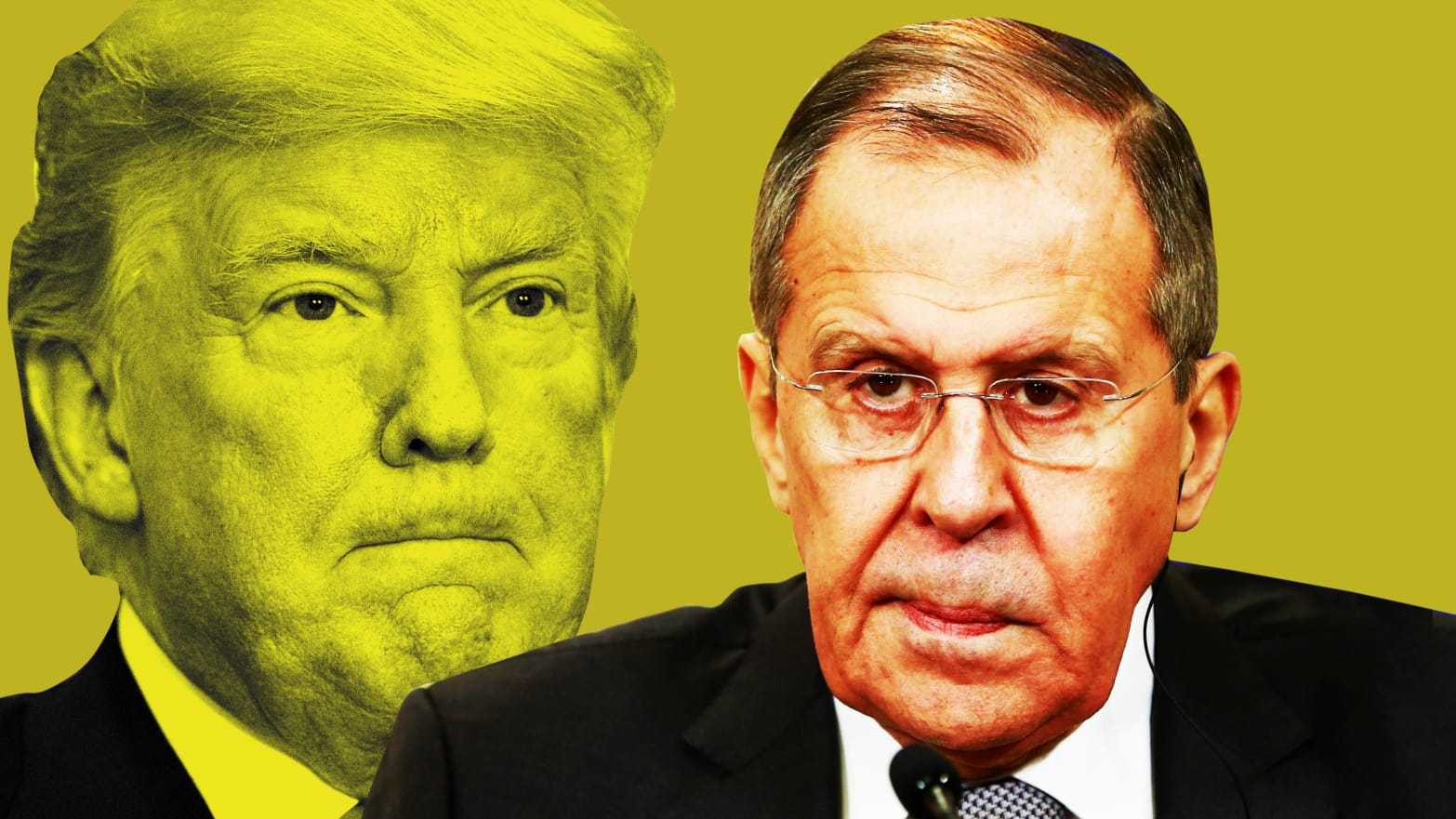The Kremlin and its state-run media are none too happy with Donald Trump and his decision to order the killing of Iranian Major-General Qassem Soleimani, head of the elite Quds Force.
In an official statement, the Russian Ministry of Foreign Affairs described the decision to liquidate Soleimani as a foolhardy “adventurist” step by the Trump administration, predicting that it will increase tensions in the entire region. “Soleimani was devoted to protecting Iran’s national interests. We express our sincere condolences to the Iranian people,” Russian Foreign Ministry said.
Foreign Minister Sergey Lavrov went even further, stressing that Soleimani’s extrajudicial killing “grossly violates international law” and will result in serious consequences for regional peace and stability. Lavrov said that “the targeted actions of a UN member state to eliminate officials of another UN member state, moreover, on the territory of a third sovereign state without its knowledge, flagrantly violate the principles of international law and deserve condemnation."
In a freshly created news section, “The conflict between the U.S. and Iran,” Russian state media outlet Vesti hailed Soleimani as an Iranian lion and lashed Trump as a weakling. Other members of the Kremlin-backed press snickered that America, which once stood astride the world stage, is now merely capable of the odd assassination.
Echoing Tehran’s government-backed press, a Russian state television reporter, Stanislav Khamdokhov of RIA Novosti, described the assassination of Soleimani as “a terrorist act” by the United States of America.
While the Kremlin is displeased with President Trump’s risky foreign policy undertaking, Russian lawmakers and analysts credit his unilateral decision to eliminate Soleimani to ignorance and a desire for a distraction from the ongoing impeachment proceedings.
A member of the Russian State Duma’s International Affairs Committee, Elena Panina, attributed the seeming ease with which President Trump ordered the killing of Soleimani to the American president’s ignorance about the major general’s stature in the region. Panina speculated that President Trump was “set up” by U.S. intelligence agencies and had no idea of Soleimani’s status “as a national hero” in Iran.
RIA Novosti columnist Irina Alksnis opined that the strike “lays bare the weakness of the United States.” She wrote, “Geopolitically, the US is weakening before our very eyes. They are hopelessly bogged down in their previous military adventures (Afghanistan, Iraq) and do not risk getting into new ones even when they are openly challenged (like the DPRK). Americans are steadily losing political positions in the Middle East. Russia, Turkey and Iran are stepping on their heels. Washington simply does not have the strength to challenge Moscow in Syria or Tehran in Iraq. What used to be the U.S.’ grandiose military potential has now been reduced to the possibility of conducting a targeted special operation to eliminate an objectionable figure.”
Alksnis described Soleimani’s liquidation as a public relations move for the president. “For Donald Trump, the annihilation of an Iranian general presents a decent opportunity for a domestic PR campaign, which is quite timely in the context of the upcoming elections,” Alksnis concluded.
Russian state television reporter Valentin Bogdanov of Rossiya-24 blamed Soleimani’s killing on Nancy Pelosi and the Democratic party, stating that “without being hounded by the impeachment, Trump would not have attempted to solve his domestic political problems at the expense of foreign policy.”
Meanwhile, rising tensions between the U.S. and Iran have proven to be beneficial for the Russian stock market. Oil prices soared following the Soleimani killing, and the Moscow Stock Exchange reached all-time record levels.

